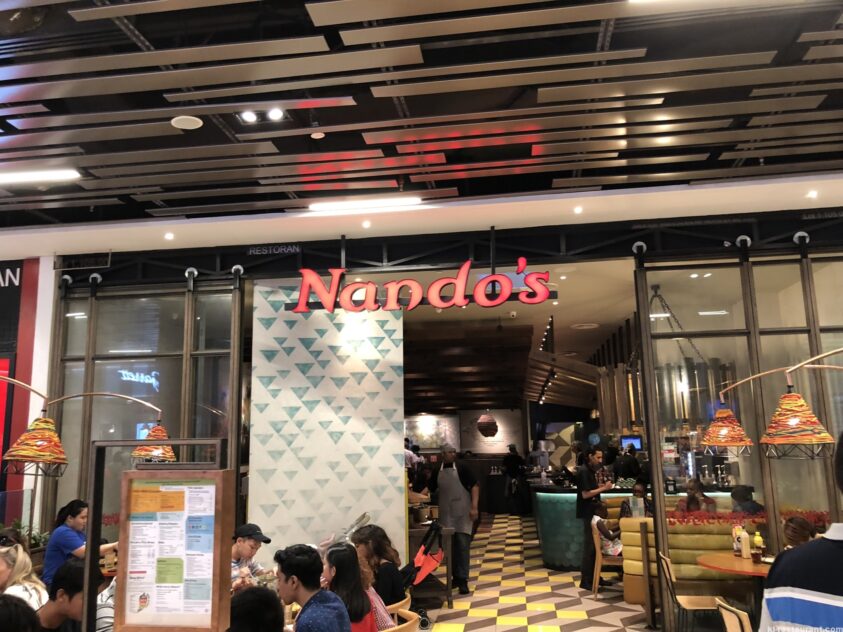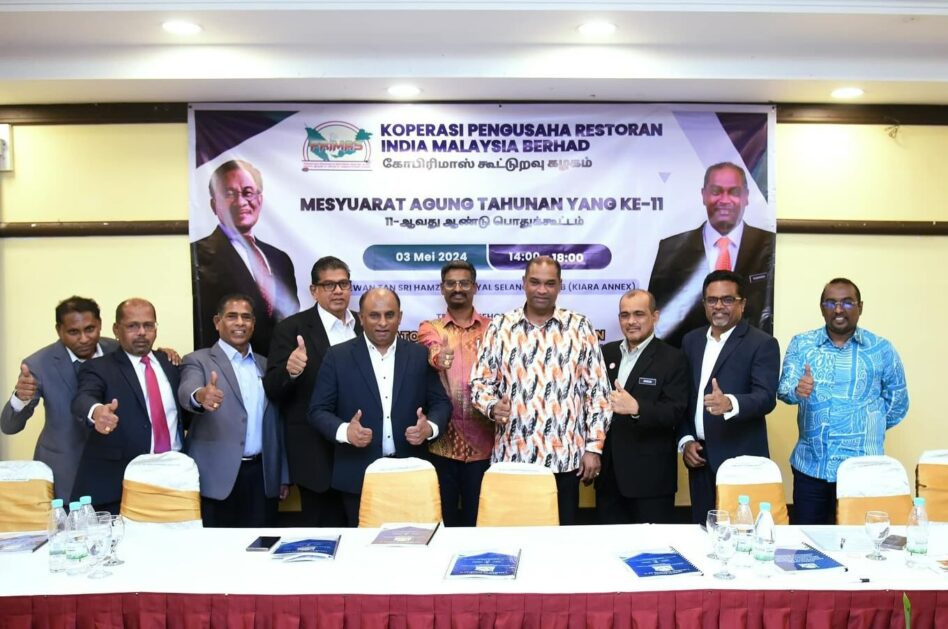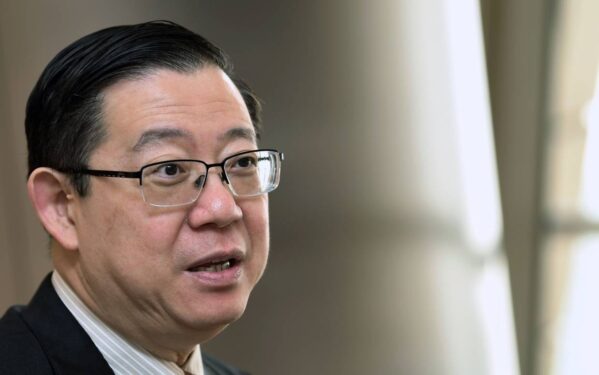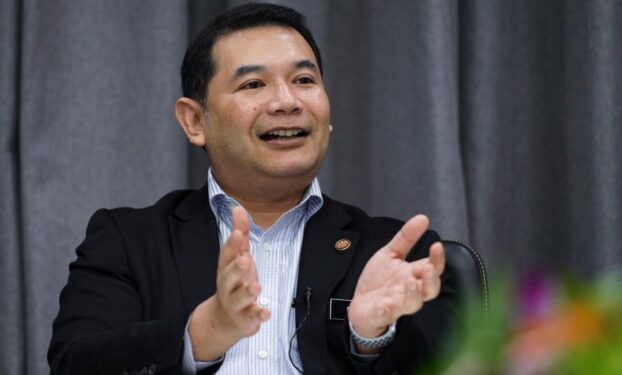By Cheah Chor Sooi
Reinstating the Goods and Services Tax (GST) can be an effective way to recover tax revenue that is lost to the shadow economy while lessening the government’s reliance on direct taxation (personal and corporate taxes) to facilitate economic recovery in the aftermath of the Covid-19 health crisis.
Apart from disincentivising those entities from continuing to operate under the shadow economy, GST will also ensure that they start contributing revenue which is essential for the government to undertake various forms of social development, according to Koong Lin Loong, the managing director of Reanda LLKG International Chartered Accountants.
From a quantitative analysis perspective, he points out that GST, which came into effect on April 1, 2015 prior to the reversion to the Sales and Services Tax (SST 2.0) on Sept 1, 2018, raked in tax revenue of RM41 bil in 2016 and RM44 bil in 2017.
This compares to the revenue generated from SST 2.0 which amounted to RM27.5 bil (which surpassed the RM22 bil targeted for the year) in 2019.
“The best solution is to focus on indirect tax sources by bringing back GST which will widen the tax base (at both the input and output levels) while ensuring a more efficient method of collection,” opined Koong who is also the SMEs committee chairman for the Associated Chinese Chambers of Commerce & Industry of Malaysia (ACCCIM).
“Amid the current economic downturn climate, there is no harm to reinstate GST at 3% beginning 2021 before gradually lifting it to 4% the following year and perhaps 6% by 2025.”
On the bigger picture, GST can supplement revenue from direct taxation. On the corporate tax front, many businesses are likely to report losses with some having already folded up as they become cash-strapped due to the impact of the lockdown to contain the spread of the Covid-19 virus.
In tandem with this, personal tax collection will also encounter setback as many income earners have been retrenched or subject to salary cuts ranging from 20%-50% by their employers.
Aside from GST, another way to plug tax leakages through the shadow economy is to implement the “unpopular” tax investigation or tax audit to curb tax avoidance or evasion, added Koong.
In January this year, former finance minister Lim Guan Eng revealed that Malaysia’s shadow economy accounts for 21% of gross domestic product (GDP), which amounts to an estimated RM300 bil.
Shadow economy, otherwise referred to as the underground economy or black market, is often associated with criminal activities that encompass illicit funds from corruption, smuggling of weapons, tobacco, drugs, prostitution/pornography, illegal/online gambling, passport fraud and human trafficking.
Beyond that, shadow economy also covers unregistered formal sectors in the likes of unlicensed businesses, freelancers, part-time workers and the cash/gig economy that are difficult to be traced and tracked down.
This even includes those who are permanently employed but at the same time have side jobs which may generate higher income than their full-time jobs.
Excise duty review
S Saravana Kumar, who is the partner and head of Tax, SST & Customs at Rosli Dahlan Saravana Partnership, suggests that the government intensifies its effort to recover taxes lost to illicit activities, including further strengthening its existing resources to expedite the recovery processes.
“The government must be prepared to take bold steps including thinking out of the box to put a stop to tax leakages,” he stressed. “In Australia, the tax authority engages established tax lawyers in private practice to act for them in recovering taxes.”
To curb the rampant smuggling of “sin products” such as cigarettes and alcohol, Saravana proposes that the government review the existing excise duty rate by implementing a rate which is consistent with neighbouring countries.
“By so doing, there is no incentive for the smugglers to bring in such products for sale,” he justified. “Unnecessarily high duty rate coupled with poor enforcement and corrupt practices among law enforcers encourages smugglers to peddle those products at a lower price.”
If the supply chain via smuggling cannot be addressed, then the distributors, retailers and consumers of smuggled products must be brought to task via enhanced civil and criminal laws, added Saravana.
While GST is a transparent and more equitable tax to curb the shadow economy menace, he feels that the time is not right to introduce GST even at a lower rate.
“Taxes should be introduced when the economy is doing well, for example, the windfall tax on oil palm planters which is only imposed when the crude palm oil price surpasses a particular threshold,” he suggested.
“(Instead) the government’s initiatives such as waiver of service tax for hotels, rental reduction tax relief, delayed payment for taxes due are steps in the right direction to rebuild the economy.” – June 10, 2020
Cheah Chor Sooi is a freelance journalist.










